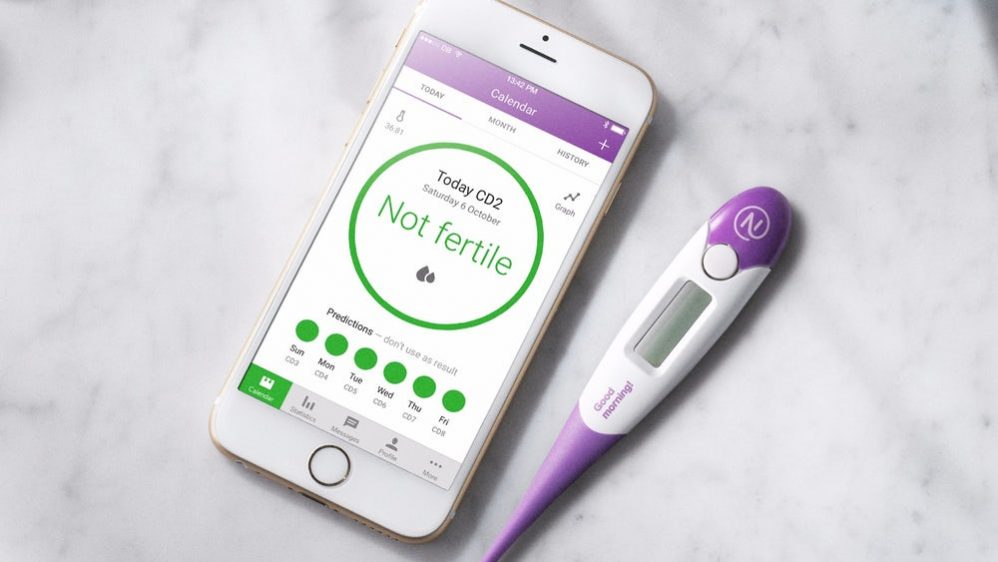Birth control and reproductive health can be a tricky endeavor for a woman. Elina Berglund Scherwitzl no longer wanted to use hormonal contraception. At the same time, she wasn’t planning to have children anytime soon. Instead of opting for artificial contraception methods, she decided to find a solution using her data skills.
Elina Scherwitzl is a noted nuclear physicist. Her experience includes a stint at CERN, and she was also part of the team that discovered the Higgs boson particle.
Based on the natural method of determining fertility through temperature, Scherwitzl developed an algorithm using data analysis and complex mathematics to precisely determine the ovulation period of her cycle. The algorithm let her plot out the days she’d need to use protection, resulting in a better accuracy compared to other natural planning methods.
An Entrepreneurial Opportunity
The accurate results led her and her husband Raoul Scherwitzl to start a new business called Natural Cycles, an app made to assist women in tracking their fertility and contraception requirements. The couple launched this app in 2014 and has accumulated around 300,000 users. Women pay an annual or monthly fee for the app, with users in the UK paying £50 per year, including the thermometer.
The method still relies on monitoring one’s natural cycles based on the collection of temperature data sets. Since its launch, it has obtained over $8M in investments and sales have reached over $6M. Her husband’s entrepreneurial dreams and their scientific backgrounds enabled them to find a lucrative-but-practical solution for birth control. It is approved for use all over the EU, thanks to passing German inspection and certification from Tuv Sud.
Challenges Before Success
Before reaching the wide acceptance and impressive sales figures, there was a ban on Natural Cycles to market the app for 18 months. Scherwitzl thought her scientific approach would make it widely accepted, but she discovered that the public thought otherwise. However, the app is now being marketed as having the same effectiveness as the pill. This is based on a large clinical study done on over 4,000 women and published in the European Journal of Contraception and Reproductive Health Care. According to the research, 7% of the women using the app in the “typical” way ended up pregnant. This percentage was lower than the 9% on the pill and less than 1% who used IUD coils.
These results confirm that users must follow the app’s instructions thoroughly. Therefore, it is not a method that suits everyone; users must take into consideration protection from sexually transmitted diseases. Scherwitzl emphasized that it requires daily usage. Further, it’s just an alternative to those who do not prefer using IUDs or hormonal contraception methods.
Apart from pitching the app as an alternative birth control method, the couple is also marketing it as a tool for natural family planning. Couples can use the app and tracking to ascertain the best time to conceive.
Natural Cycles has achieved $2M turnover in 2016. The company also has 30 employees in Stockholm and the couple intends to grow the company over time.


















